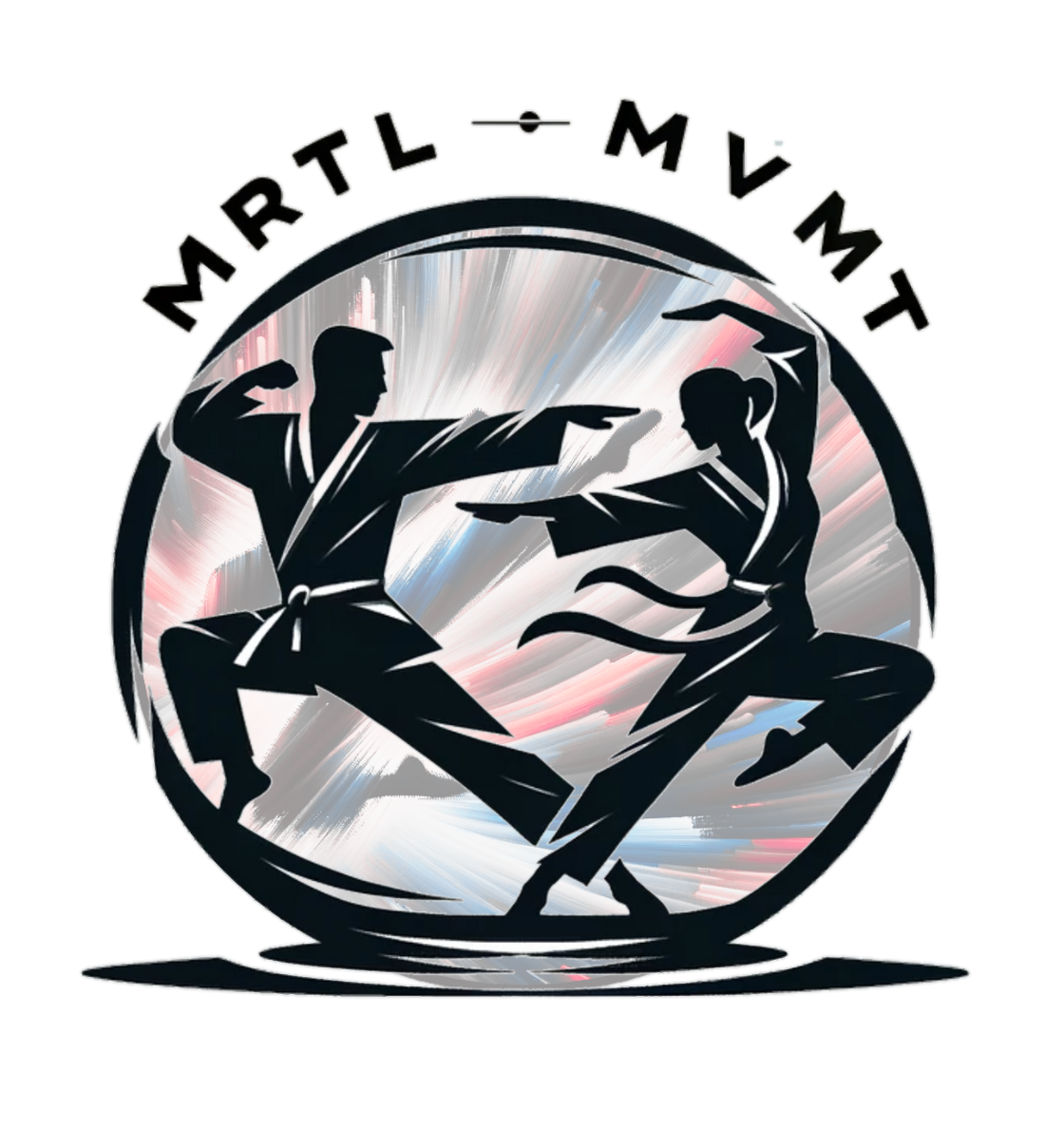The Joy of Play: Why Adults Should Embrace Their Inner Child
Unleashing Creativity and Relieving Stress
Play has the power to ignite our creativity and relieve stress. When we engage in playful activities, whether it’s a game of charades or a bike ride with no destination in mind, we give ourselves permission to step away from the pressures of life. This mental break can trigger the release of endorphins, the body’s natural feel-good chemicals, promoting an overall sense of well-being and even temporarily relieving pain1.
Enhancing Brain Function and Learning
Playing isn’t just fun; it’s also beneficial for our brains. Activities that challenge the mind, like puzzles or strategic games, can help prevent memory problems and improve cognitive function. Moreover, when learning is fun, we’re more likely to absorb and retain new information1.
Fostering Social Connections
Playful interactions with others can strengthen our relationships and connect us to the world around us. It encourages us to be social in an unstructured, creative way, which can enhance our ability to collaborate and support group creativity2.
Making Work More Enjoyable
Incorporating play into the workplace can lead to increased energy, prevent burnout, and trigger innovation. It helps us see problems in new ways and makes work more productive and pleasurable1.
How to Play More
So how can we incorporate more play into our adult lives? Here are a few suggestions:
- Schedule playtime: Just as you would a meeting, put playtime in your calendar.
- Be spontaneous: Allow yourself to be impulsive and enjoy the moment.
- Mix it up: Try new activities to keep play exciting and engaging.
- Play with others: Engage in group activities or games to build connections.
Conclusion
Play is not just a luxury; it’s a necessity for maintaining our mental, emotional, and physical health. By allowing ourselves to play with the joyful abandon of childhood, we can reap numerous health benefits throughout life. So go ahead, unleash your inner child, and remember – it’s never too late to play3.

Comments
Post a Comment